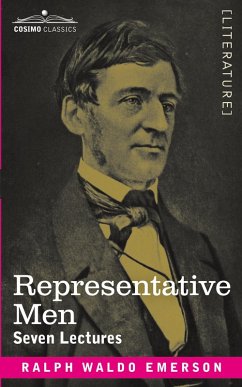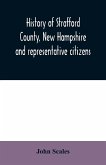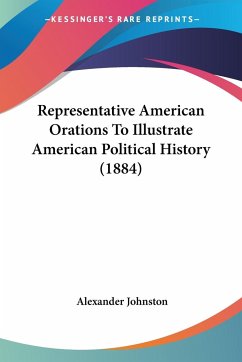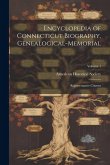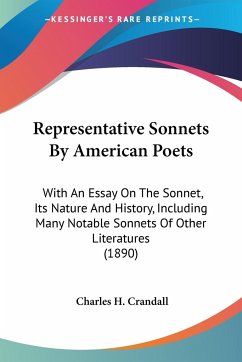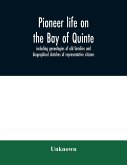"Other men are lenses through which we read our own minds." ¿ Ralph Waldo Emerson, Representative Men Representative Men is a collection of seven lectures by Ralph Waldo Emerson, published as a book of essays in 1850. The first essay discusses the role played by "great men" in society, and the remaining six each extol the virtues of one of six men deemed by Emerson to be great. Emerson was inspired by the Romantic belief that there exists a "general mind" that expresses itself with special intensity through certain individual lives. It reflects an appreciation of genius as a quality distributed to the few for the benefit of the many.
Hinweis: Dieser Artikel kann nur an eine deutsche Lieferadresse ausgeliefert werden.
Hinweis: Dieser Artikel kann nur an eine deutsche Lieferadresse ausgeliefert werden.

